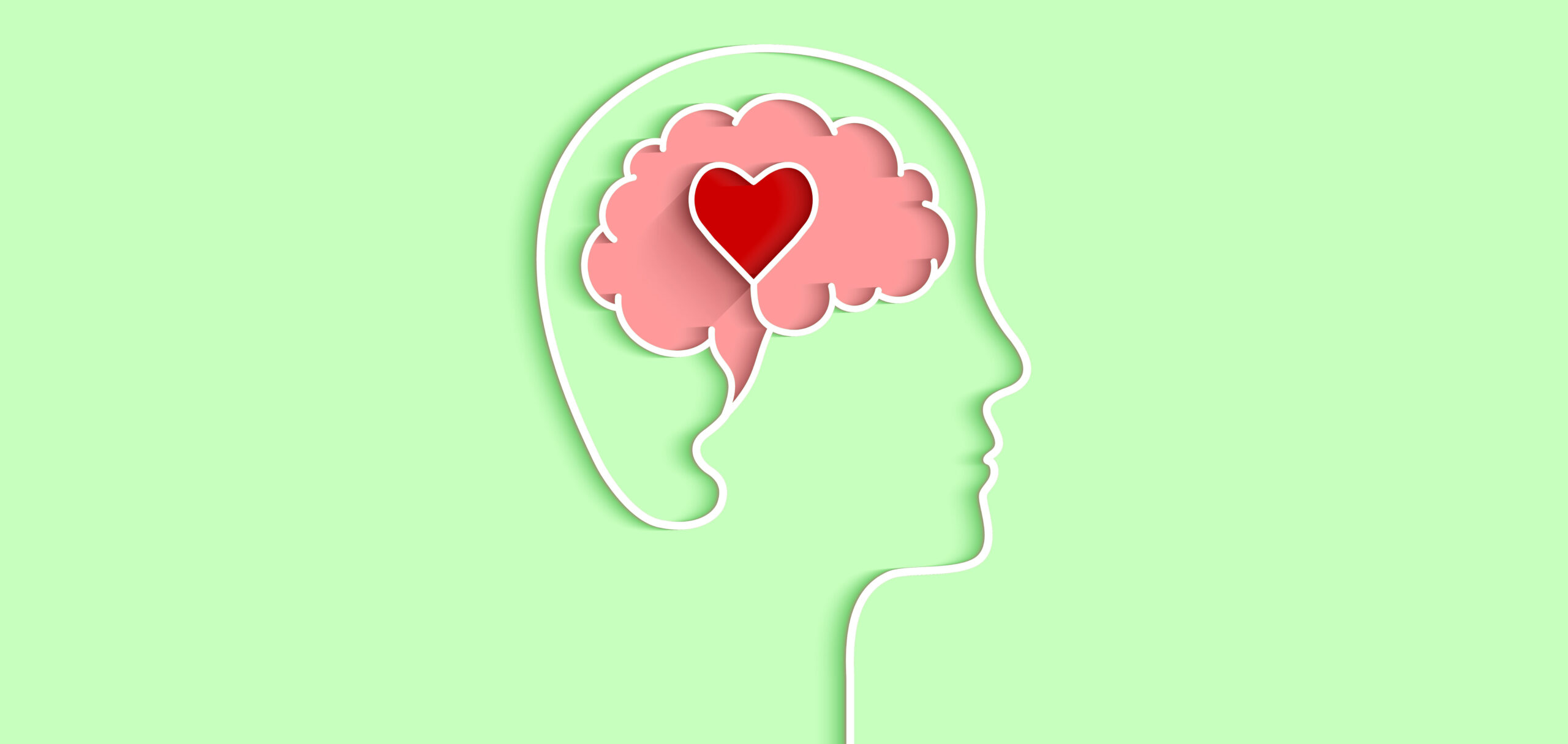Detailed Guide to Inpatient Mental Health Services Programs
Detailed Guide to Inpatient Mental Health Services Programs
Blog Article
Comprehensive Inpatient Mental Health And Wellness Providers for Effective Therapy
Inpatient psychological health solutions represent a crucial part of the medical care system, providing a organized and intensive environment for people experiencing serious mental distress. These solutions employ a multidisciplinary strategy, integrating various evidence-based therapies to attend to the intricate requirements of individuals. The performance of such extensive treatment prolongs past immediate stablizing; it also includes the change to outpatient assistance, an essential phase frequently forgot - mental health services. Checking out the nuances of this continuum discloses substantial effects for both private healing and wider psychological health and wellness end results. What factors truly influence this transition, and exactly how can we improve its effectiveness?
Understanding Inpatient Mental Health Solutions
Inpatient mental health and wellness solutions provide crucial assistance for individuals experiencing extreme emotional distress that can not be handled successfully in an outpatient setting. These services are developed to supply an intensive level of care in an organized environment, typically within a hospital or specialized facility. People admitted to inpatient programs generally present severe symptoms, such as suicidal ideation, extreme clinical depression, or psychosis, requiring day-and-night monitoring and intervention.
The admission process usually entails a comprehensive analysis by psychological health and wellness specialists, who evaluate the individual's frame of mind, background, and prompt demands. When admitted, patients participate in a variety of healing methods customized to their specific demands, including drug administration, individual therapy, and team sessions. This holistic method intends to stabilize the individual's problem, advertise safety and security, and foster coping abilities.
Inpatient mental wellness solutions not just address instant health concerns yet also function as a bridge to recurring care. By offering a controlled atmosphere, these solutions assist in the growth of treatment strategies that can be continued in outpatient setups, therefore guaranteeing a continuum of care and enhancing lasting results for people with complex psychological wellness needs.
Trick Elements of Effective Therapy
Efficient therapy in inpatient psychological health services comprises numerous essential elements that promote healing and stablizing. An extensive evaluation is important to identify the person's specific requirements and difficulties. This analysis educates the development of a tailored therapy strategy, which works as a roadmap for intervention.
One more vital element is the multidisciplinary group technique. Partnership amongst psychoanalysts, psychologists, nurses, and social workers guarantees that various point of views add to the person's treatment, boosting the effectiveness of treatment. Evidence-based therapeutic methods, such as cognitive-behavioral therapy (CBT) and dialectical actions treatment (DBT), are additionally indispensable, supplying organized techniques that deal with maladaptive idea patterns and behavioral problems.

Finally, an emphasis on aftercare preparation is essential to guarantee a seamless transition to outpatient solutions, lessening the risk of regression and promoting lasting health. These cumulative parts create a reliable therapy structure within inpatient mental wellness solutions.
Advantages of Comprehensive Care

Detailed treatment in inpatient mental health and wellness solutions uses countless benefits that considerably improve person results. One of the key advantages is the holistic strategy to treatment, attending to not just the mental symptoms but likewise the physical, social, and psychological requirements of people. This thorough assessment enables tailored interventions that promote overall well-being.
Another benefit is the integration of multidisciplinary teams, which fosters collaboration among healthcare specialists. This joint setting makes certain that people obtain worked with treatment, minimizing the danger of fragmented treatment and enhancing interaction have a peek here amongst caretakers. Detailed care facilitates connection of solutions, allowing for smooth changes from inpatient to outpatient settings, which is essential for lasting recuperation.

Lastly, the structured setting of thorough inpatient treatment offers a safe space for people to participate in restorative activities, helping them create dealing techniques and resilience. Jointly, these advantages contribute to more reliable therapy and improved lifestyle for people experiencing mental health situations.
Evidence-Based Restorative Approaches
In the world of mental health therapy, evidence-based restorative approaches play a critical function in guaranteeing that patients get effective and medically supported treatments. These methods incorporate the very best available study with medical proficiency and person values, cultivating a tailored therapy experience that addresses specific needs.
Cognitive Behavioral Therapy (CBT) is just one of one of the most widely acknowledged evidence-based approaches, concentrating on identifying and changing unfavorable idea patterns and actions. This organized approach has demonstrated effectiveness in dealing with problems such as ptsd, depression, and anxiety. Likewise, Dialectical Habits Treatment (DBT) is especially efficient for people with borderline character condition, highlighting the advancement of psychological guideline and social efficiency skills.
Additionally, medication management is typically an important element of evidence-based treatment, as psychotropic medicines can relieve symptoms and enhance general functioning. Joint care versions, which entail multidisciplinary groups, better boost the efficiency of inpatient services by making certain detailed evaluations and continual surveillance.
Eventually, the integration of evidence-based healing strategies not only promotes favorable medical outcomes but likewise equips patients, cultivating a sense of company and strength in their mental wellness trips.
Transitioning to Outpatient Support
The transition from inpatient psychological health and wellness services to outpatient assistance notes an essential phase in a person's healing trip. This period calls for cautious preparation and coordination to make certain continuity of care and to mitigate the dangers of regression or dilemma. Reliable discharge planning must commence early in the inpatient remain, entailing a multidisciplinary team that consists of psychiatrists, psychologists, registered nurses, and social workers.
Secret components of a successful shift consist of the development of a detailed aftercare strategy tailored to the person's details needs. This strategy needs to outline follow-up visits, drug management, and restorative treatments, along with identify community resources and assistance teams that can facilitate ongoing healing.
In addition, patient and family education is crucial throughout this stage. Recognizing blog the signs of potential problems and the value of sticking to therapy can encourage people and their support group.
Regular follow-up and reassessment of the outpatient plan are important to deal with progressing difficulties. By promoting a collective partnership in between outpatient and inpatient providers, the likelihood of continual recuperation rises, inevitably boosting the person's lifestyle and lowering the danger of readmission.

Final Thought
In recap, comprehensive inpatient mental health and wellness solutions offer a vital structure for addressing severe mental distress with a multidisciplinary strategy. By incorporating evidence-based therapies, fostering a structured environment, and promoting household participation, these solutions boost therapy effectiveness. The emphasis on stability and the advancement of coping skills not only aids in instant healing however likewise assists in a smoother change to outpatient treatment. Inevitably, such thorough treatment is essential for lasting psychological wellness and health.
The admission procedure normally involves a comprehensive assessment by psychological health and wellness experts, who review the person's mental state, background, and prompt requirements.Effective therapy in inpatient mental health solutions makes up several key components that cultivate recovery and stablizing.Thorough treatment in inpatient mental health and wellness services offers many benefits that substantially enhance client end results.The transition from inpatient psychological health and wellness services to outpatient visit our website assistance notes a critical stage in a client's healing journey.In recap, detailed inpatient mental health and wellness services use a vital structure for attending to extreme mental distress via a multidisciplinary method.
Report this page